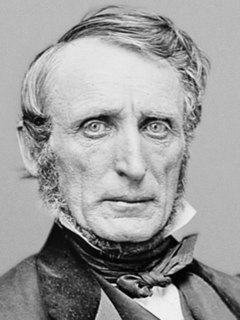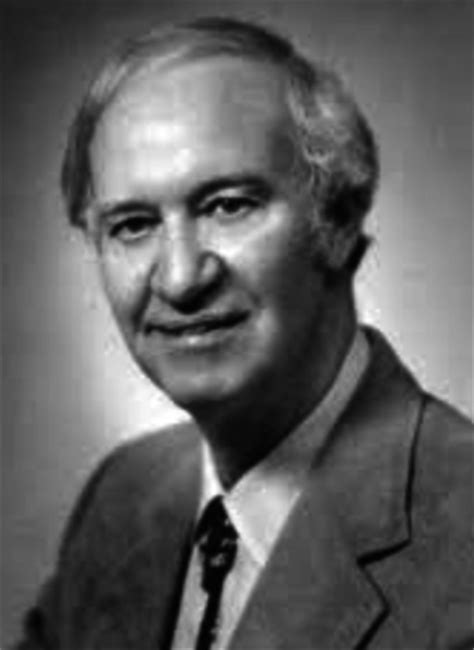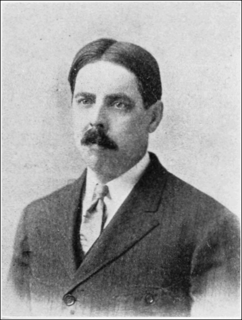A Quote by Benjamin Franklin
The rapid progress of the sciences makes me sorry, at times, that I was born so soon. Imagine the power that man will have over matter, a few hundred years from now. We may learn how to remove gravity from large masses, and float them over great distances. Agriculture will double its produce with less labor. All diseases will surely be cured... even old age. If only the moral sciences could be improved as well. Perhaps men would cease to be wolves to one another... and human beings could learn to be human.
Quote Topics
Age
Agriculture
Another
Beings
Born
Cease
Could
Cured
Diseases
Double
Even
Few
Float
Gravity
Great
How
Human
Human Being
Human Beings
Hundred
Hundred Years
Imagine
Improved
Labor
Large
Learn
Less
Makes
Man
Masses
Matter
May
Me
Men
Moral
Now
Old
Old Age
Only
Over
Perhaps
Power
Produce
Progress
Rapid
Remove
Sciences
Soon
Sorry
Surely
Them
Times
Well
Will
Wolves
Would
Years
Related Quotes
Furnished as all Europe now is with Academies of Science, with nice instruments and the spirit of experiment, the progress of human knowledge will be rapid and discoveries made of which we have at present no conception. I begin to be almost sorry I was born so soon, since I cannot have the happiness of knowing what will be known a hundred years hence.
The changes that we can make in the culture can be there for people that we will never meet, that will never know us, and that's what keeps me up at night. It's what excites me about science, that we can learn ways of being with each other. And the behavioral sciences have not been enough of a part of cultural development. The physical sciences have; the behavioral sciences have not. And I would like to see if we can bring some things into human culture that would humanize and soften and empower people.
Children learn what they live. Put kids in a class and they will live out their lives in an invisible cage, isolated from their chance at community; interrupt kids with bells and horns all the time and they will learn that nothing is important or worth finishing; ridicule them and they will retreat from human association; shame them and they will find a hundred ways to get even. The habits taught in large-scale organizations are deadly.
What you learn is often determined by what you need to know. If you think you're weak, you will learn that you are strong. If you think you are indestructible, you will learn that you are fragile.
In the end though, you will learn that you are human. You are no more and no less than all those who are learning their lessons as you learn yours.
The lessons we have begun to learn make me hopeful, that human beings will become friendlier, more harmonious, less harmful. Compassion and the seeds of peace will be able to flourish. At the same time, every individual is responsible to help guide our global family in the right direction. Good wishes alone are not enough; we have to take responsibility. Large human movements spring from individual human initiatives
We will learn no matter what! Learning is as natural as rest or play. With or without books, inspiring trainers or classrooms, we will manage to learn. Educators can, however, make a difference in what people learn and how well they learn it. If we know why we are learning and if the reason fits our needs as we perceive them, we will learn quickly and deeply.
And people who believe in God think God has put human beings on earth because they think human beings are the best animal, but human beings are just an animal and they will evolve into another animal, and that animal will be cleverer and it will put human beings into a zoo, like we put chimpanzees and gorillas into a zoo. Or human beings will all catch a disease and die out or they will make too much pollution and kill themselves, and then there will only be insects in the world and they will be the best animal.
By a peculiar prerogative, not only each individual is making daily advances in the sciences, and may make advances in morality (which is the science, by way of eminence, of living well and being happy), but all mankind together is making a continual progress in proportion as the universe grows older. So that the whole human race, during the course of so many ages, may be considered as one man who never ceases to live and learn.






























